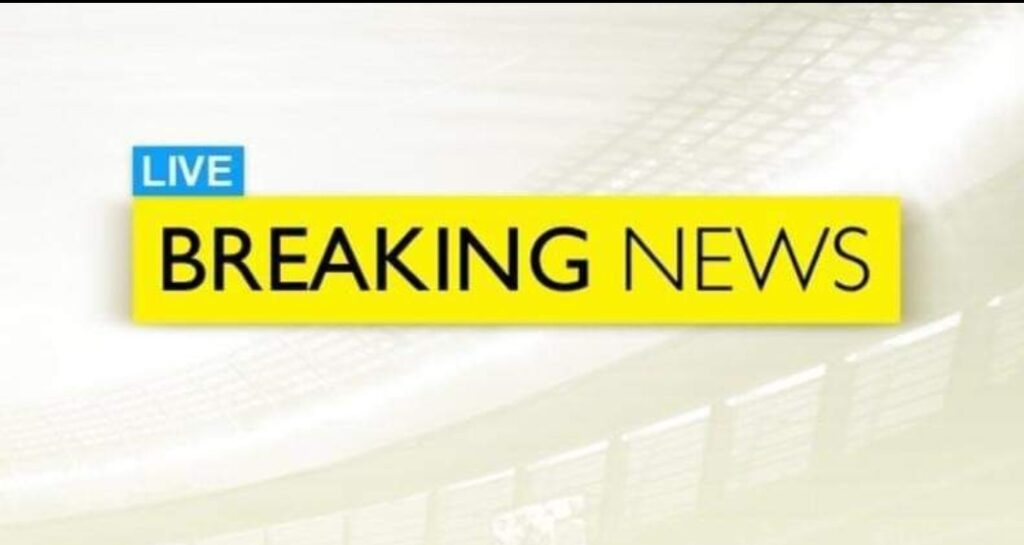In a crucial clash between Tottenham Hotspur and Manchester United, Spurs secured a 2-0 victory, marked by a VAR decision that sparked heated debates. Pape Matar Sarr played a key role, netting his debut goal, while Lisandro Martinez’s own goal furthered Tottenham’s success. Despite Rashford, Bruno Fernandes, and Casemiro missing pivotal opportunities, Tottenham took control in the second half.
A turning point unfolded when Cristian Romero’s unintentional handball in the first half led to VAR suggesting a potential penalty for Manchester United. However, referee Michael Oliver chose not to award a spot-kick, prompting post-match criticism. Former referee Dermot Gallagher defended VAR’s challenges in assessing handballs, casting doubt on the likelihood of an apology from the Professional Game Match Officials Limited (PGMOL). Gallagher cited complexities in factors like arm position, shoulder involvement, and ball speed.
Tottenham’s manager, Erik ten Hag, strongly contested Gallagher’s stance, expressing frustration with VAR and arguing for a deserved penalty based on the handball’s impact on the ball’s trajectory.
Bruno Fernandes echoed these sentiments, urging an apology from chief referee Jon Moss and advocating for transparency through post-match interviews. Fernandes questioned the absence of explanations from officials, asserting that there should be no excuses for overlooking what he considered a clear penalty. He also called for consistent officiating, referencing the previous week’s controversy involving Manchester United.
The aftermath of this VAR decision has reignited discussions on transparency, accountability, and consistency in rule application. As calls for post-match explanations and potential apologies gain momentum, the controversy surrounding VAR’s influence on match outcomes remains a prominent topic in the Premier League.
